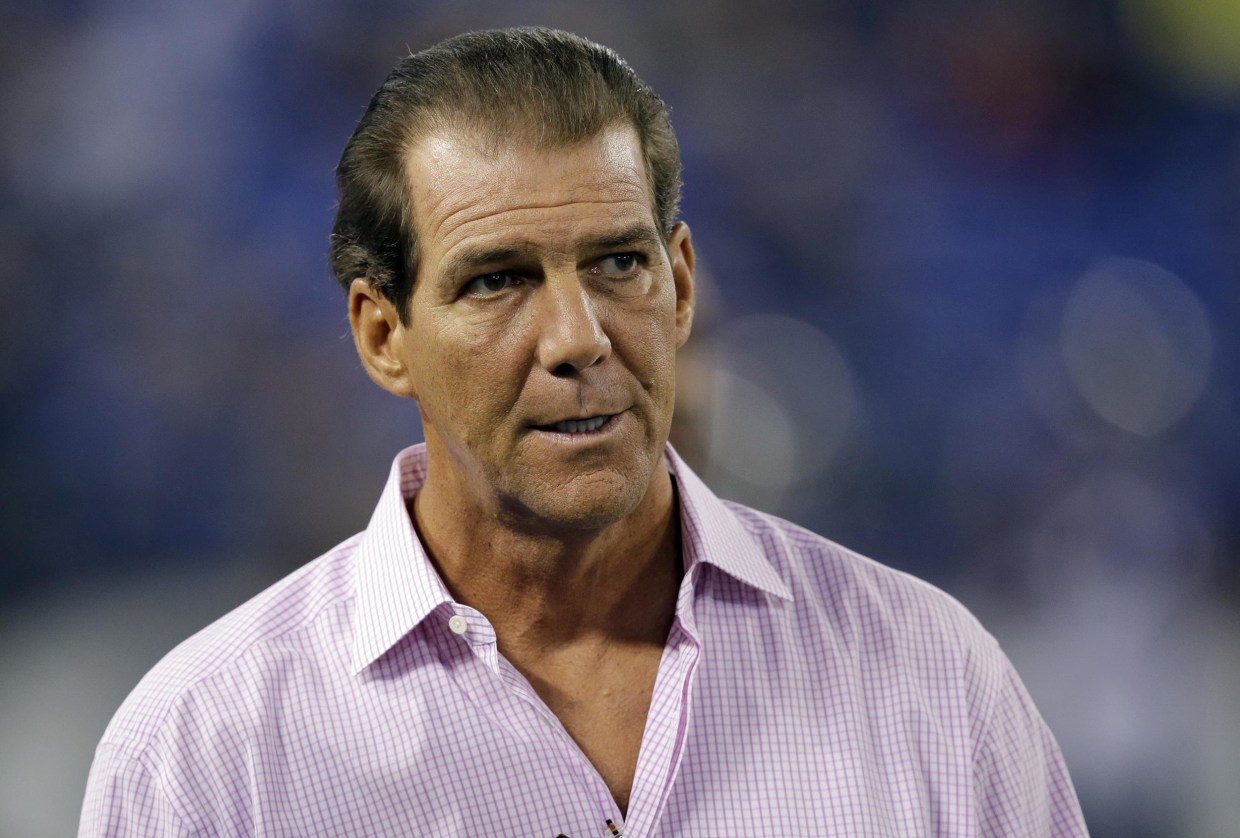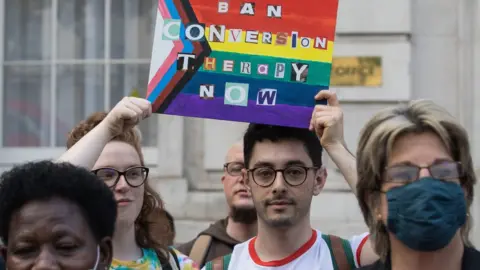The NFL is facing a firestorm of controversy after Baltimore Ravens owner Stephen J. Bisciotti made an unprecedented move, officially filing a petition to replace Latin superstar Bad Bunny as the headliner for the Super Bowl 2026 Halftime Show. The shocking announcement has sent shockwaves across the sports and entertainment world, raising questions about the league’s handling of one of its most celebrated traditions.

According to sources close to the matter, Bisciotti expressed his deep frustration with the NFL’s decision, calling Bad Bunny an “unfit choice” for the globally televised event. In a rare and fiery public statement, he allegedly went as far as to threaten “serious action” if the league fails to reconsider its plans. Though the exact nature of the threat remains unclear, insiders suggest Bisciotti is prepared to escalate the matter legally, financially, or even through direct protest at the event.
The NFL has yet to issue an official response to Bisciotti’s petition, but the controversy comes at a time when the league is already grappling with heated debates surrounding its entertainment choices. Bad Bunny, who is celebrated worldwide as an LGBTQ+ icon and one of the most influential Latin artists of this generation, has faced both passionate support and fierce criticism since his name was first linked to the halftime show.
Fans have flooded social media with polarized reactions. Supporters of Bad Bunny argue that his global reach and trailblazing career make him a historic choice for the halftime stage. Meanwhile, critics echo Bisciotti’s concerns, claiming the NFL is prioritizing spectacle over tradition and football culture.

Entertainment insiders warn that the situation could spiral if the NFL fails to address the growing tension. With just over a year until Super Bowl 2026, organizers may now find themselves in a precarious position: stand firm behind Bad Bunny and risk backlash from powerful league figures, or attempt to make changes that could lead to even greater chaos.

One thing is clear: this is no longer just about a halftime show. The clash between Stephen Bisciotti and the NFL has turned into a high-stakes power struggle that could redefine the relationship between the league, its owners, and its global audience.